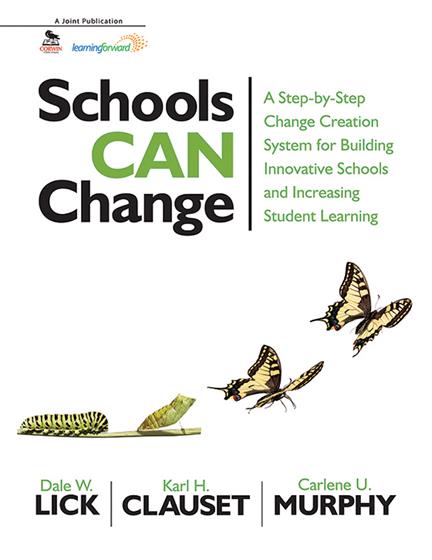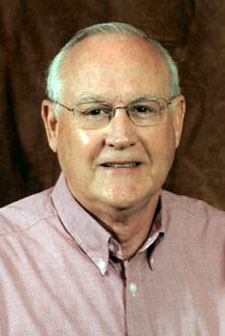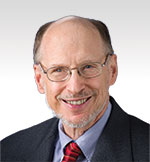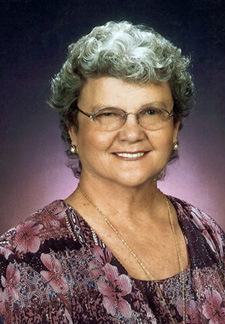List of Figures and Tables
Online Resources
Foreword
Preface
Purpose and Need
Who Should Read and Use This Book?
Organization and Contents
Acknowledgments
About the Authors
1. The Change Creation System
School Improvement
School Reforms
The Roots of the Change Creation System
No Silver Bullet, One Brick at a Time
Standards for Professional Learning and Practice
The Change Creation System
Summary
Part I. Fundamentals of Effectiveness
2. Fundamentals of Effectiveness for School Improvement
Understanding the Culture
Culture of Discipline
Culture of Change Creation
Culture of Relationships and Collaboration
Culture of Transformational Leadership
Cultural Change
Summary
3. Fundamentals of Vision and Successful Change
Vision
Change
Success and Failure of Change
Effective Sponsorship in Schools
Change and Resistance in Schools
Universal Change Principle for Schools
Summary
4. Fundamentals for Creating Learning Teams and Professional Learning Communities
Collaboration and Teamwork
Action Teams and Professional Learning Communities
Authentic Teams and Synergy
Comentoring Teams
Learning Teams
Professional Learning Communities
Summary
Part II. The Process of the Change Creation System
5. Introducing the Decision-Making Cycle
Action Teams Decision-Making Cycle
Preparing to Start the Decision-Making Cycle
Summary
6. Identifying Student Learning Needs and Forming Action Teams
Student Learning Needs That Action Teams Address
How to Identify Student Learning Needs
Form Action Teams and Select Student Needs to Address
Selecting Student Needs to Address
Support for Identifying Student Needs and Forming Action Teams
Summary
7. Introducing Action Teams
Action Teams in the Change Creation System
The Work of Action Teams
Purposes of Action Teams
Action Team Principles
Action Team Process Guidelines
Effective Action Team Meetings
Action Teams as a Bundle of Changes
Summary
8. Support for Action Teams
Keep the Focus on Student Learning
Protect Time for Action Team Meetings
Establish Routines
Provide Regular, Frequent, and Constructive Feedback to Action Teams
Understand the Developmental Stages of Action Teams
Help Struggling Teams Move Forward
Develop Communication Networks and Strategies to Share Action Teams' Work and Results
Form Administrator Action Teams
Summary
9. Creating Team Action Plans
Team Action Plan
Creating Team Action Plans
Support for Action Teams on Their Team Action Plans and Logs
Summary
10. Implementing Learning and Inquiry Cycles for Innovation and Improving Student Learning: Parts 1 and 2
Implementing Learning and Inquiry Cycles
Supporting Learning and Inquiry Cycles for Innovation and Student Learning
Summary
11. Implementing Learning and Inquiry Cycles for Innovation and Improving Student Learning: Parts 3 and 4
Implementing Learning and Inquiry Cycles
Supporting Learning and Inquiry Cycles for Innovation and Student Learning
Summary
12. Assessing the Impact of Action Teams and Sharing Results and Best Practices
Assessing the Impact of Action Teams on Teacher Practice and Student Learning
Sharing Results and Best Practices and Applying Lessons Learned
Repeating the Decision-Making Cycle Each Year
Supporting Assessing the Impact of Action Teams and Sharing Results and Best Practices
Summary
Epilogue
References
Index




